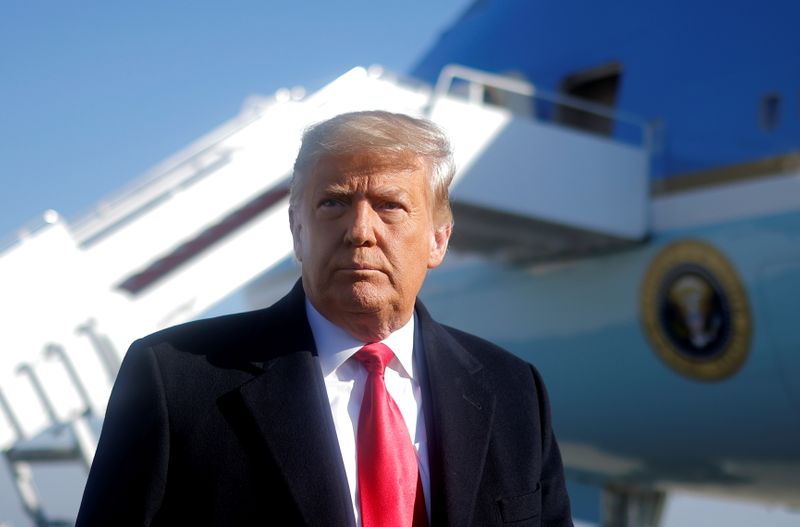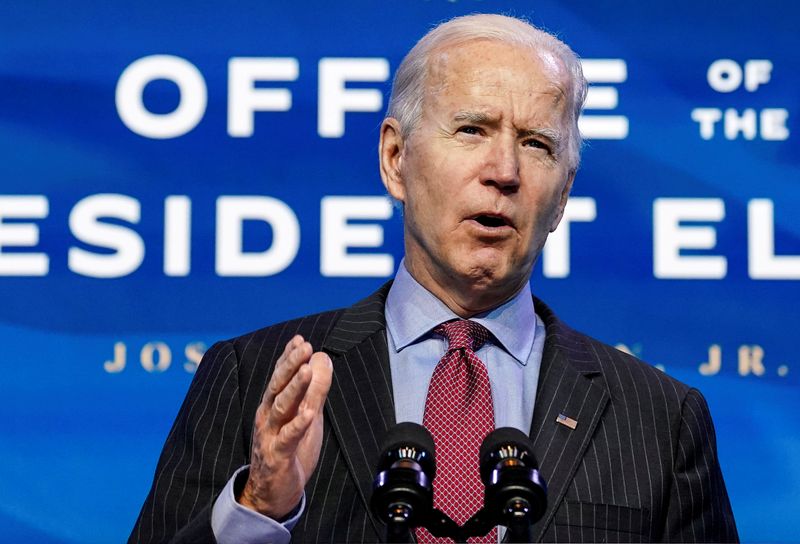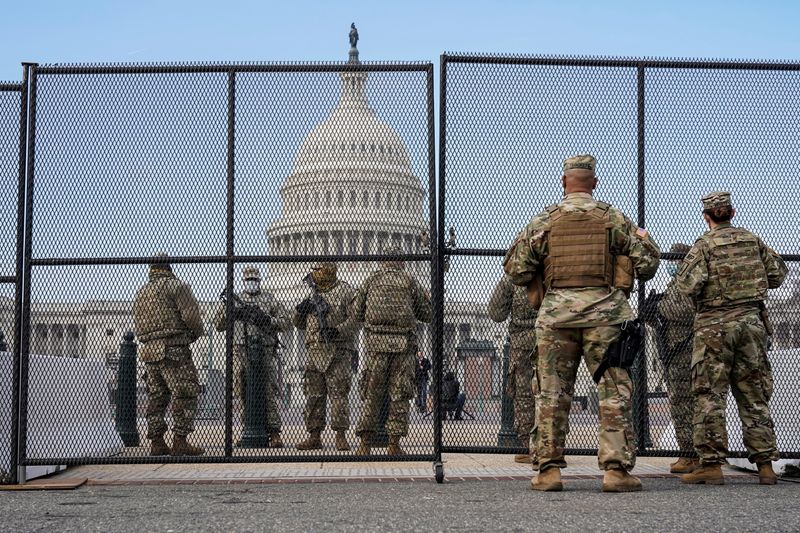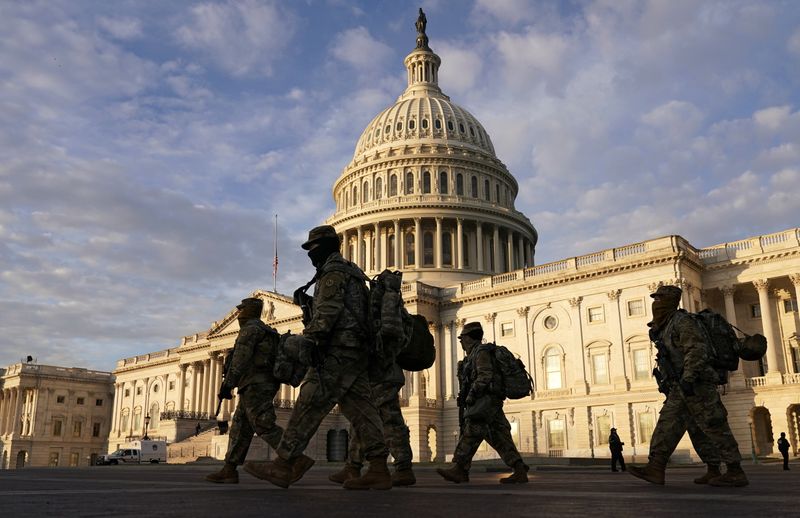WASHINGTON (Reuters) – America will be in uncharted territory when the U.S. Senate meets as soon as next week for the second impeachment trial of Donald Trump, a case against the outgoing president that one Democrat preparing for arguments called “shockingly evident.”
The House of Representatives voted on Wednesday to impeach Trump on charges of incitement one week after his supporters rampaged in the Capitol following a speech in which the Republican urged them to fight President-elect Joe Biden’s election victory. Trump falsely claims he lost due to widespread voting fraud.
Representative Diana DeGette, one of nine Democratic impeachment managers who will argue the House’s case against Trump, said House Speaker Nancy Pelosi was working out with Republican Senate Majority Leader Mitch McConnell when to transmit the article of impeachment to the Senate, triggering the trial process.
“This is a situation where you have the crime pretty much being committed on national television,” DeGette, a former trial lawyer, said, adding: “It’s a shockingly evident case.”
In a 232-197 vote on Wednesday, Trump became the first president to be impeached twice and will likely be the first to face an impeachment trial after leaving office.
Ten Republicans joined the majority Democrats in supporting impeachment, while others argued Trump’s remarks were protected by the First Amendment of the U.S. Constitution, which defends free speech.
The action is highly unlikely to lead to Trump’s ouster before Biden takes office next Wednesday. McConnell has said no trial could begin until the Senate was scheduled to be back in regular session on Tuesday.
Impeachment managers will be working through the weekend to compile a list of witnesses they want to call to testify and honing their arguments for conviction, DeGette said.
If Trump has left the White House, the Senate could convict him and then vote to ban him from running for office again.
Biden, a Democrat, has urged Senate leaders not to allow the impeachment trial to get in the way of other priorities in his first days in office such as an economic stimulus bill, coronavirus vaccine distribution improvements and confirming crucial Cabinet nominees.
Biden’s inauguration has been scaled back due to security concerns and the COVID-19 pandemic. The West Front of the Capitol building, where the swearing-in occurs, is now fortified by fencing, barriers and thousands of National Guard troops.
The U.S. Capitol Police said on Thursday that the Capitol complex was closed to the public and its grounds would not be accessible on Inauguration Day, warning that anyone trying to enter unlawfully would be met with force and arrested.
FIRST AMENDMENT DEFENSE
The article of impeachment – equivalent to an indictment in a criminal trial – charged Trump with “incitement of insurrection” in his incendiary speech to thousands of supporters on Jan. 6. The mob disrupted Congress’s certification of Biden’s victory, sent lawmakers into hiding and left five people dead, including a police officer.
A two-thirds majority in the Senate would be needed to convict and remove Trump, meaning at least 17 Republicans in the 100-member chamber would have to join the Democrats.
Republican Senator Lisa Murkowski, who has already called for Trump to resign over his actions on Jan. 6, said on Thursday that the House’s impeachment was appropriate. In a statement, she said that when the case comes before the Senate: “I will listen carefully and consider the arguments of both sides, and will then announce how I will vote.”
In the trial, Trump’s legal team may argue that his comments were not a call to violence and were protected under the First Amendment, some legal experts said.
They said that all sorts of lawful rhetoric could be proper grounds for impeachment, however, and that Congress had wide latitude to define “incitement” as it sees fit in the impeachment process.
“Even if his speech was protected by the First Amendment, he can still be impeached for it,” said Ilya Somin, a law professor at George Mason University. “High-ranking officials get fired for their speech all the time.”
Trump’s team could also argue that holding an impeachment trial after he has left office would violate the Constitution.
But there is precedent for Congress impeaching former federal officials and the Constitution explicitly says that impeachment is not just for removing officials but also for disqualifying them from future office, the experts said.
Trump also may face state legal actions on leaving office, including a criminal probe in New York into whether he inflated asset values to obtain loans and tax benefits in his business dealings.
The House impeached Trump in 2019 on charges of abuse of power and obstruction of Congress stemming from his request that Ukraine investigate Biden and his son Hunter. The Senate in February 2020 voted to keep Trump in office.
No U.S. president has ever been removed from office via impeachment. Bill Clinton was impeached in 1998 and Andrew Johnson in 1868 but they also were acquitted by the Senate. Richard Nixon resigned in 1974 rather than face impeachment over the Watergate scandal.
(Reporting by Richard Cowan and David Morgan; Additional reporting by Susan Cornwell, Jan Wolfe, Doina Chiacu, Lisa Lambert and Simon Lewis; Writing by John Whitesides and Sonya Hepinstall; Editing by Scott Malone, Alistair Bell and Peter Cooney)





























